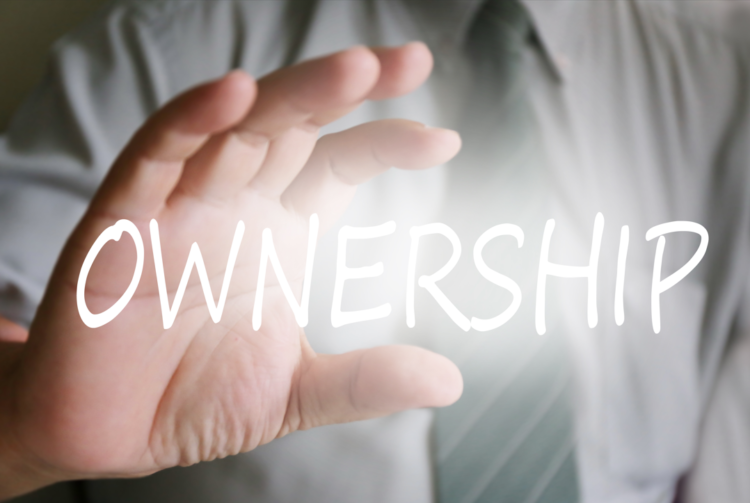Employee-owned businesses (EOBs) offer staff more pay and benefits than other companies, new research has revealed.
The Exploring the potential of the employee ownership business model report highlighted that EOBs usually pay a higher minimum wage than non-EOBs by an average of £2,900 annually.
EOBs were also discovered to be more likely to provide cost-of-living support to the workforce, reporting a difference of 50% or more in levels of financial wellbeing help, as well as one-off lump-sum bonuses and salary sacrifice schemes.
The survey, which involved around 9% of the 1,650-plus EOBs in the UK and a controlled group of their non-EOB counterparts, further found that nearly half (48%) of EOBs invest in private healthcare for staff, compared to around one in three (34%) non-EOBs. In addition, three in four (74%) provide access to mental health resources compared to one in three (34%) other employers.
In terms of working hours, the report discovered that EOBs were also more likely to offer flexibility, at 61% compared to 36% of non-EOBs. Remote working was available to employees at 84% of EOBs compared to less than half (47%) of non-EOBs. Additionally, three times as many EOBs supported career breaks or sabbaticals – 47% versus 16% of non-EOBs.
The data showed that EOBs also reported increased engagement and motivation since implementing employee ownership, cited by 83%, while nearly three in four (73%) found job satisfaction had increased.
European law firm Fieldfisher contributed to the study, which discovered that employee-owned companies are 8-12% more productive than non-EOBs.
Commenting on the report’s findings, Fieldfisher partner Graeme Nuttall OBE said: “These findings confirm what practitioners in this area have long seen as the key benefits of employee ownership.
“EO is a business model that is rapidly being recognised as a force for social and environmental good, and this study reveals its wider economic benefits to the UK economy at a time when fresh thinking and positive practical options are very much needed.”













